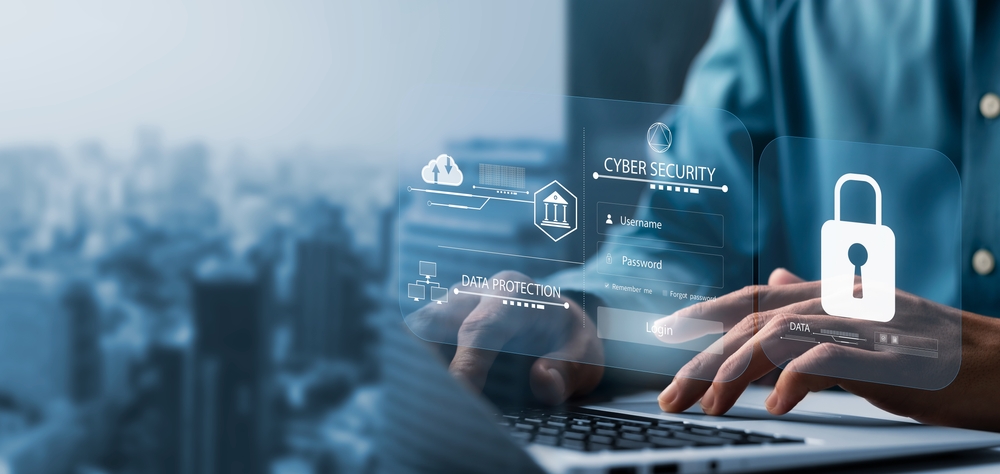- Products and Solutions

Tariff Flag
Understand what tariff flags are and how they affect your electricity bill.

Christmas security
Learn the main tips for a safe Christmas, preventing accidents with the electricity grid during the end-of-year festivities.

Public Call for Projects 2025
Applications are now open for this year's edition. Those interested can submit proposals aimed at encouraging energy efficiency and combating energy waste.
Products and Solutions
Services
News
Brazil Olympic Award 2025: Neoenergia reinforces commitment to women's sport in the country
Aberje 2025 Award: Neoenergia is national champion with campaign on safety on the electricity grid with Carlinhos Brown
Exclusive to black women, the Neoenergia Institute's Inspirar 2025 Award announces winners in four states and the Federal District
Neoenergia and Honda team up to accelerate the use of green hydrogen in Brazilian mobility
Neoenergia Institute takes Cultural Lighting Program to Lauro da Escóssia Historical Museum
Neoenergia Institute announces the winners of the Inspire 2025 Award
Neoenergia announces sale of stake in Dardanelos hydroelectric plant to EDF Brasil
COP30: Iberdrola and Neoenergia promote meeting with young climate leaders to boost green jobs
Neoenergia's emission reduction targets are validated by the Science Based Targets Initiative (SBTi)
Neoenergia and EIB announce EUR 300 million green financing agreement to modernize Bahia's electricity grid
Neoenergia: support for COP30 reinforces electrification of the economy as a path to decarbonization and energy security
On the eve of COP 30, Neoenergia launches project to start energy revolution in Noronha
Neoenergia launches energy efficiency calls for tenders with investments of R$ 142 million in five states and the Federal District
Neoenergia Institute strengthens creative economy with Culture Energy Caravan
Neoenergia Institute announces finalists and opens the popular vote for the Inspirar 2025 Award
Neoenergia posts 3Q25 profit of R$924 million, up 10% on 3Q24
Neoenergia Institute takes Cultural Lighting Program 2025 to Lauro da Escóssia Historical Museum
Neoenergia expands stake in Corumbá III hydroelectric plant
Neoenergia renews partnership with COB until 2028 and reinforces commitment to Olympic sport, female inclusion and sustainability
Iberdrola investirá 58 bilhões de euros até 2028 (+30%) para acelerar o crescimento em redes nos EUA e Reino Unido


Neoenergia does not offer investments. Any promise of earnings or financial investments on behalf of the company is fraud.
If you have any questions, please contact us through our official channel: ri.neoenergia.com











